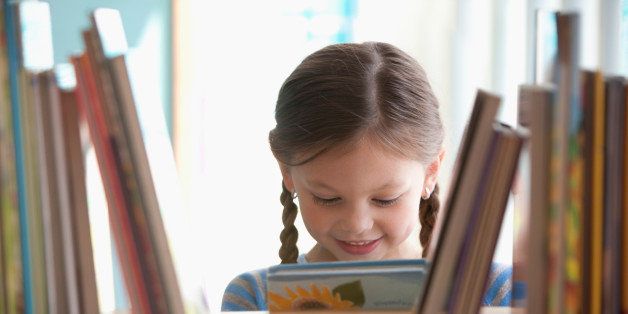Reading Hub is the reading solution to support every Primary School with embedding a reading culture through creating equal access to a love of reading.
A culture of reading in schools matters because there are so many benefits of reading and it helps to create well-rounded individuals who can think critically and analytically. Exposing learners to a wide variety of reading material can help them develop a better understanding of the world around them.
A recent study by the National Endowment for the Arts found that students who read frequently are more likely to score higher on standardised tests and perform better in later life. In addition, the reading culture in schools supports the learning of all subjects, not just English.
The benefits of a reading culture include:
-Well-rounded individuals who can think critically and analytically
-Improved attention span and focus
-Better understanding of the world around them
-Expression through writing
-Critical life skill
-Helps learners become engaged in their learning
-Prepares them for success academically, emotionally, and socially
-Creates opportunities for people of all ages to come together and explore new ideas.

How can you ensure your learners get the benefits of reading?
One way is to promote family involvement. Families can read together, discuss books that they have read, and attend events at the school or library. Schools can also provide access to a variety of reading materials, including books, magazines, newspapers, and online resources. Teachers can also integrate reading into other subjects such as history, science, math, and language arts. There are many benefits of reading non-fiction books, including increased confidence, which is why these books tend to appeal to reluctant readers. By creating a reading culture in our schools, we help prepare learners for success in all aspects of the curriculum.
Where does reading culture come from?
Reading culture dates back to ancient times; Aristotle and Plato both wrote about its importance. In modern society, scholars have continued this tradition by encouraging students to read widely. One of the most influential thinkers in this area was Sir Francis Bacon (1561-1626). He believed that reading helps people become more intelligent, creative individuals with better reasoning skills.
Why should we care about reading?
Readers are critical thinkers who can think for themselves without relying on others’ opinions or beliefs. They also tend to be more open-minded than non-readers because they’ve been exposed to a variety of perspectives throughout their lives. This makes them less likely to judge based solely on one’s appearance rather than what someone says. You can read more about the benefits of reading books here.
What does a reading culture look like?
It looks like learners who are engaged in their learning and excited about what they read. They find books that inspire them to think critically, ask questions, and make connections between ideas.
These learners are motivated to read independently or with others and they enjoy discussing what they have read with friends, family members, teachers, librarians, and other community members.
Reading culture in schools is important because it helps create well-rounded learners who can think critically and analytically. It prepares them for success in all aspects of the curriculum by giving them a better understanding of the world around them through reading different types of texts from various genres such as fiction or nonfiction books on topics that interest them most.
- Prepare your learners for success
A strong reading culture helps learners become engaged in their learning and prepares them for success academically, emotionally, and socially. By providing access to a variety of reading materials including books magazines newspapers online resources, teachers can integrate reading into other subjects such as social studies, science, math, language, and arts. We help equip our learners with the skills they need to be successful in life through the impact of reading.
- Reading role models
Teachers can be reading models by sharing books with students regularly and discussing their favourite reads from time to time. They also encourage children who read at home or during school breaks, which increases the likelihood that they’ll continue these habits after they leave school
- Choosing the right stories
Using your own stories as models for learners who do not yet have their own experiences; reading aloud to support young readers’ comprehension skills while encouraging fluency and expressive language development.

- Engage with activities
Research about the impact of reading in school suggests that learners who are engaged in reading activities gain confidence and motivation as well. They also develop their critical thinking skills through exposure to both fiction and nonfiction texts that encourage them to ask questions about what they’re reading. This helps them become more independent learners because it gives content meaning from various perspectives.
- Make use of technology
Don’t be afraid to use audiobooks and eBooks. These can be a great way of introducing children to different types of literature without the pressure of what their peers are reading. It can also make it more accessible and ‘cool’! Reluctant readers who are visually impaired or have difficulty grasping small objects with their fingers might also be encouraged.
- Pique their interests
Learners may even find out something new about themselves or the world around them along the way. For example, someone might read an article about climate change that motivates them into action by donating money towards saving endangered species.
